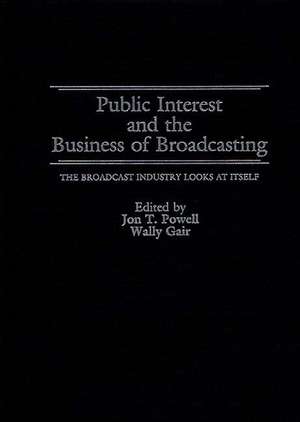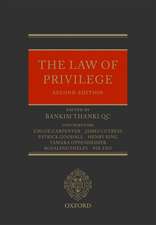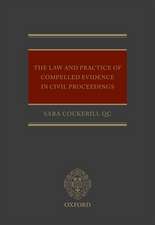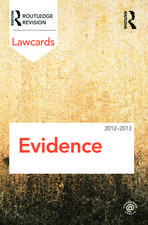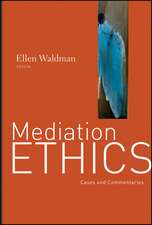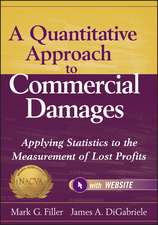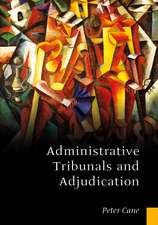Public Interest and the Business of Broadcasting: The Broadcast Industry Looks at Itself
Editat de Jon T. Powell, Wally Gairen Limba Engleză Hardback – 31 iul 1988
This volume offers 16 essays, most original, offering varied broadcast industry views on the role of the public interest in changing business. Editors Powell and Gair, respectively a long-time member of the Northern Illinois University communications faculty and an Illinois broadcaster, provide a brief contextual introduction to each contribution and give the background of each author. The book, according to the preface, is intended to offer candid and genuine descriptions of what the public-interest obligation actually means to the practitioner broadcaster]'. . . . The volume is best seen as an indicator of the changing public-interest perceptions of broadcasters amid a rapidly changing marketplace. As such, it is useful for undergraduates interested in today's communications industry. "Choice"
This volume presents a broad cross-section of views on an issue of central importance to the broadcast industry: Can the broadcast industry serve both the public interest and corporate and stockholder interest? How do the leaders and successful professionals of the broadcast industry interpret and implement the public interest obligation? A cross-section of American broadcasters--from network executives to small market radio station managers, from the president of the National Association of Broadcasters to a former FCC Chairman, from communications attorneys to retired broadcasters--offer personal interpretations of these and other questions on the public interest issue. Among the contributors are Arthur C. Nielsen, the retired Chairman of the A. C. Nielsen Company, which has been the arbiter of American network television success or failure since the advent of the medium; Edward O. Fritts, a small market radio group owner who became President of the National Association of Broadcasters; Newton N. Minow, a communications attorney who is perhaps the best remembered FCC Chairman because of his vast wasteland speech; broadcast pioneer and innovator Ward Quaal; and network insider Gene Jankowski, President, CBS broadcast group.
Preț: 436.80 lei
Preț vechi: 707.20 lei
-38% Nou
83.62€ • 86.92$ • 69.33£
Carte tipărită la comandă
Livrare economică 08-22 februarie 25
Specificații
ISBN-10: 0899301983
Pagini: 203
Dimensiuni: 156 x 234 x 13 mm
Greutate: 0.47 kg
Editura: Quorum Books
Descriere
This volume presents a broad cross-section of views on an issue of central importance to the broadcast industry: Can the broadcast industry serve both the public interest and corporate and stockholder interest? How do the leaders and successful professionals of the broadcast industry interpret and implement the public interest obligation? A cross-section of American broadcasters--from network executives to small market radio station managers, from the president of the National Association of Broadcasters to a former FCC Chairman, from communications attorneys to retired broadcasters--offer personal interpretations of these and other questions on the public interest issue. Among the contributors are Arthur C. Nielsen, the retired Chairman of the A. C. Nielsen Company, which has been the arbiter of American network television success or failure since the advent of the medium; Edward O. Fritts, a small market radio group owner who became President of the National Association of Broadcasters; Newton N. Minow, a communications attorney who is perhaps the best remembered FCC Chairman because of his vast wasteland speech; broadcast pioneer and innovator Ward Quaal; and network insider Gene Jankowski, President, CBS broadcast group.
Notă biografică
JON T. POWELL is a Professor of Communication Studies and Instructional Technology at Northern Illinois University, Dekalb.
WALLY GAIR has spent his working life in and around the broadcast media. From his first job as a newswriter at a radio station in Peoria, Illinois, to his past eight years as Executive Director of the Illinois Broadcasters Association.